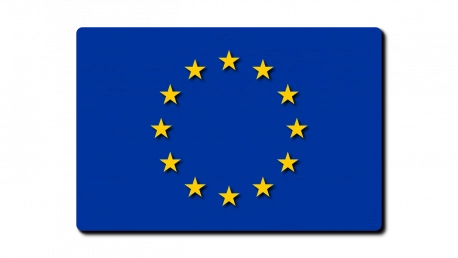In a bold move indicative of a seismic shift in regulatory attitudes, the European Commission is poised to issue preliminary compliance charges against some of Silicon Valley’s biggest players. Meta Platforms and Apple have been earmarked for alleged transgressions under the Digital Markets Act (DMA), a legislative framework designed to challenge the dominance of tech giants by fostering competition and easing users’ transitions between online services. With probes that began in March, both Apple and Meta have been pinpointed as priority cases to address. Through these measures, the EU is sending a clear message that the days of laissez-faire digital marketplaces may be coming to an end, and with it, a burgeoning challenge to the once unshakeable foundations of Big Tech’s sprawling empires.
Facing the Music: Apple’s App Store Woes
Apple is set to confront charges relating to its controversial App Store conduct—the restrictive policies that stifle app developers. Its rules prevent developers from notifying users about alternative, often cheaper purchasing methods outside of the App Store, and also subject them to a new fee regime that has been a bone of contention. This has propelled criticism and legal challenges globally, putting Apple under the microscope. With such restrictions, the DMA has targeted Apple as an archetype of the market dominance which it seeks to dismantle. The charges poised to be brought against them may either prompt Apple to propose remedies or, failing that, result in fines that could be as steep as 10% of their global annual turnover—a significant financial blow to even the most prosperous of tech conglomerates.
Meta’s Moment of Reckoning
Meta Platforms, overseeing giants like Facebook and Instagram, is closely trailed in the EU’s regulatory crosshairs. At issue is their ‘pay or consent’ methodology, thrusting users into a choice between a paid, ad-less experience, or relenting to ads tailored from their data. This strategy perfectly illustrates what the Digital Markets Act (DMA) intends to dismantle: the coercive practices tech behemoths like Meta employ. With EU antitrust head Margrethe Vestager’s term nearing its November end, a swift verdict looms.While Meta has been reserved in its response, and Apple expressed confidence in their DMA compliance back in March, a complex journey through the EU’s tight tech laws awaits them. With implications poised to echo outside Europe, this marks a pivotal phase in tech regulation.At its core, the EU crackdown signals an era of intensified oversight, with broader implications for the tech sphere’s future. Distinct from earlier practices, the EU’s aggressive stance heralds more competition and transparency, pointing to a landmark shift that may redefine the industry globally as regulatory forces aim to tame Big Tech’s expansive power.









